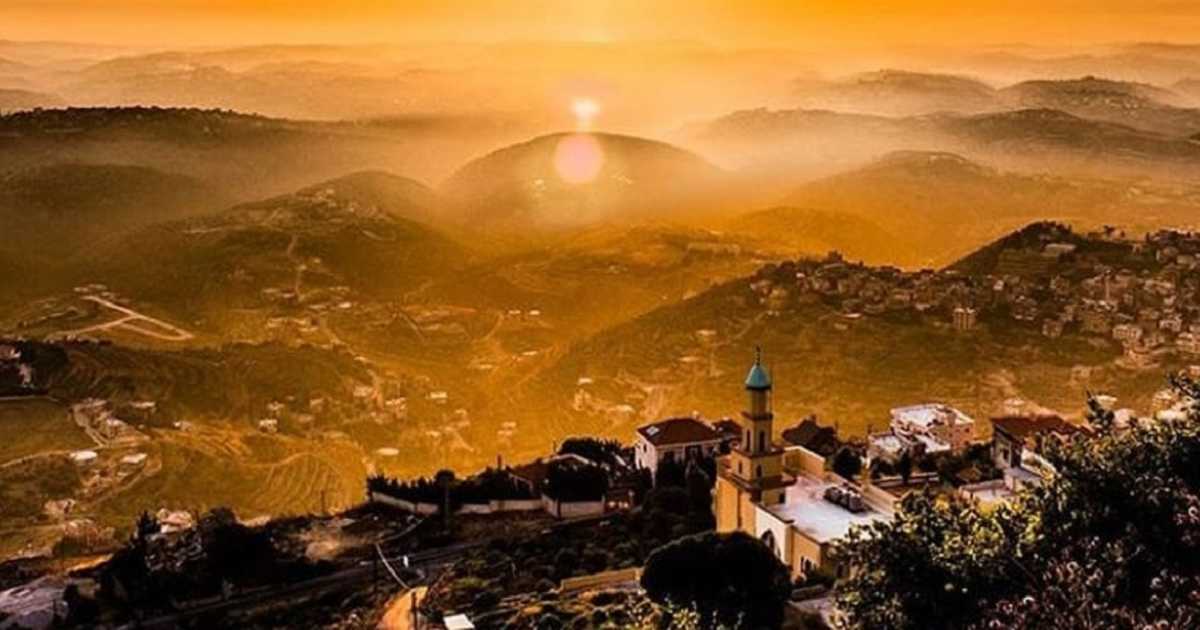I’m wondering how those of us who are non-Lebanese Maronites fit in. I’m a German-Irish Maronite. I don’t know Syriac (although I’d love to learn if I had the time), but I read the Syriac Fathers (in translation)
You fit in wonderfully! I saw you as a Maronite ever since you told me you were and I don’t think you’re less of a Maronite because you’re not of Lebanese heritage. I would find it quite ridiculous if someone were to insist otherwise…maybe favour him with a raised eyebrow and a sarcastic Lebanese
wallah? (Really?)
How does a focus on the Syriac language and Maronite-Lebanese nationalism help us further our mandate from Christ to preach the Gospel to all nations?
Good question! I actually don’t have an answer, but I’m willing to ramble a little and explore…
First off I’d point out that Lebanese nationalism doesn’t really equal Maronite nationalism, even though some people do think so. In fact, I think that is a very ethnocentric and problematic view to hold. Lebanon is more than just Maronites and all of Lebanon’s communities are Lebanese…no one is really more Lebanese than the other, and don’t let anyone tell you otherwise! It’s a very diverse country with around a dozen different ethnoreligious groups each with a unique cultural character…and they’re all Lebanese!
I don’t want to get too much into Lebanese history because I don’t want to bore you (I can if you want to) but Maronite-centric nationalism is less prevalent now than before the Lebanese Civil War (not surprising given that it had a hand in starting the thing).
Personally I’m not really a supporter of ethno-centric ideologies and dislike that mode of thinking, especially since it causes more problems than it’s worth. I don’t really understand what ethno-centrists think they’re going to achieve when they advocate for expelling (or even killing) members of other groups. I think it’s more beneficial for purposes of peace if extremistic ethnic nationalism just didn’t take hold.
While I do believe that Maronites should treasure our heritage and identity, I generally oppose ethnocentric nationalism. I would support revivalist movements aimed at preserving Maronite culture, as I would support movements preserving the cultures of other Lebanese groups, but I think bad things (
cough Lebanese Civil War
cough) would happen if ethnic identity begins to take precedence over national identity…and it would a problem evangelization-wise, as you correctly identified. Lots of non-Christians I know get put off Christianity by more ethnocentric Maronites…I just tell them to ignore them and dive right in!
So to answer your question, I don’t think it would be a help at all.


